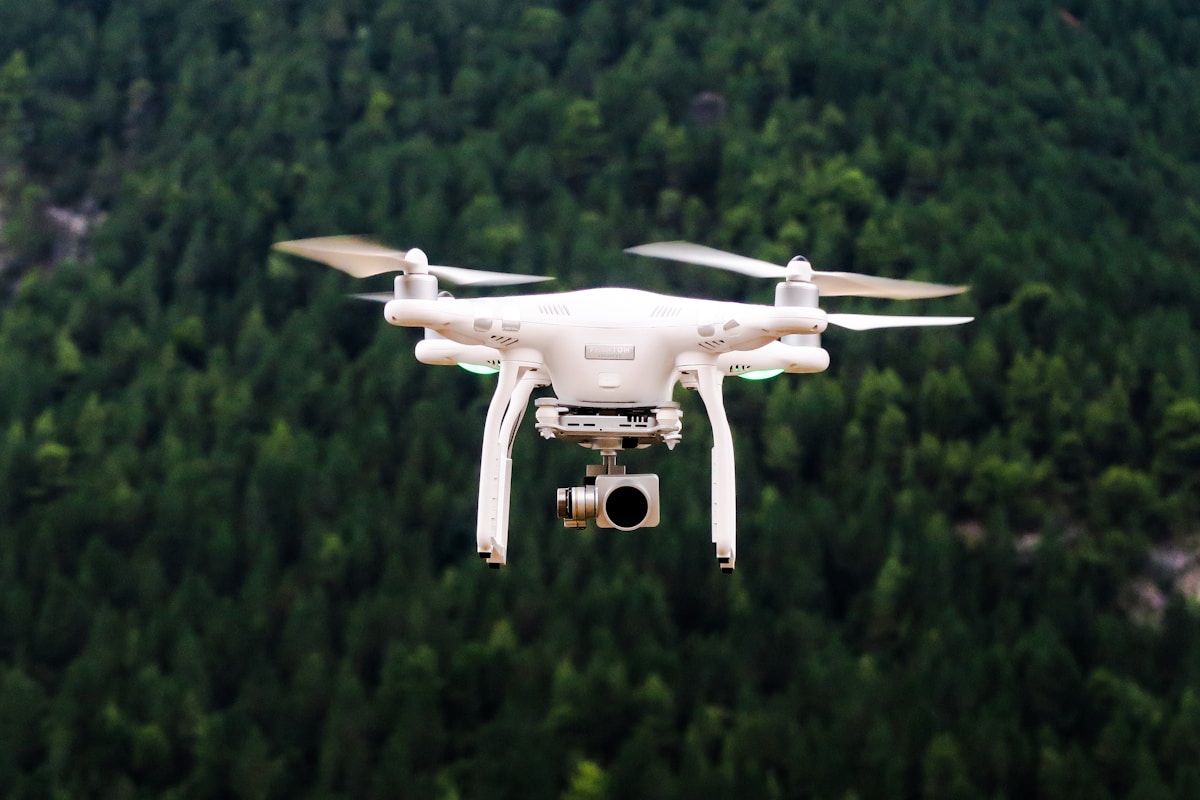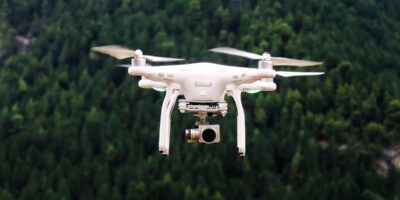Top Tips for UAS Certification
Top Tips for UAS Certification
Unmanned Aerial Systems (UAS), more commonly known as drones, have proliferated in recent years. Getting certified to operate these devices can open doors to various opportunities, from commercial ventures to recreational flying.
Understand Regulations
Begin by familiarizing yourself with the regulations set forth by aviation authorities, such as the FAA in the United States. These regulations detail requirements for operating UAS safely and legally. Knowing these rules is the foundation of your journey to certification.
- FAA’s Part 107 rules govern the use of small UAS for commercial purposes in the U.S.
- Stay updated on local and national UAS laws.
- Understand the importance of no-fly zones and restricted airspace.
Pass the Part 107 Exam

The Part 107 certification is a key requirement for commercial UAS operators in the U.S. Prepare thoroughly to ensure you pass the exam.
- Enroll in a reputable Part 107 prep course. These courses provide structured learning materials and practice exams.
- Study aviation weather patterns, navigation, UAS performance, and airspace classifications.
- Utilize online resources such as FAA’s Remote Pilot – Small UAS Study Guide.
- Take practice tests to gauge your readiness and identify weak areas.
Get Hands-On Flight Experience
Practical experience is invaluable. Besides helping you understand the maneuvers, it builds confidence in handling your UAS safely.
- Start with a simple, low-cost drone to practice basic controls.
- Join UAS flying communities or clubs to exchange tips and experience.
- Participate in workshops or training sessions organized by UAS professionals.
Knowledge of Maintenance
Keeping your UAS in top condition is part of being a responsible operator. Regular maintenance checks minimize the risk of in-flight failures.
- Familiarize yourself with the user manual and maintenance guidelines of your UAS.
- Conduct pre-flight and post-flight inspections to ensure all components are functioning correctly.
- Learn to troubleshoot basic issues and perform minor repairs.
- Keep detailed logs of your flight times and maintenance activities.
Safety Procedures

Safety should be your top priority. Develop and stick to a solid set of safety protocols.
- Create a pre-flight checklist to ensure nothing is overlooked.
- Understand and follow procedures for emergency situations.
- Equip your UAS with safety features like geofencing and return-to-home functions.
- Respect privacy and property by avoiding flying over people or sensitive locations.
Continuous Learning
The field of UAS technology is ever-evolving. Stay informed about new regulations, technologies, and best practices.
- Subscribe to UAS and aviation journals or newsletters.
- Attend industry conferences and workshops.
- Participate in webinars and online courses focusing on advanced UAS topics.
- Network with other certified UAS operators and share knowledge.
Insurance and Liability
Consider obtaining insurance for your UAS operations. It protects you from potential financial liabilities due to accidents or damage.
- Research various UAS insurance providers and compare policies.
- Understand the coverage limits and exclusions of each policy.
- Ensure that your insurance plan complies with local and national regulations.
- Document and report any incidents to your insurer immediately.
Business Considerations
If using your UAS for commercial purposes, there are additional factors to consider. A structured business approach ensures sustainability and growth.
- Create a clear business plan outlining your services, target market, and pricing strategy.
- Invest in branding and marketing to increase visibility.
- Maintain up-to-date records of your flight operations and financials.
- Stay informed about market trends and client needs to adapt your services accordingly.
Ethical Considerations
Adhering to ethical standards fosters trust and professionalism in the UAS community.
- Prioritize safety over profit in all operations.
- Respect the privacy of individuals and communities when planning flights.
- Be transparent with clients about the capabilities and limitations of your UAS services.
- Engage in fair competition and avoid deceptive practices.
Environmental Impact
Operating conscientiously means considering the environmental impact of your UAS activities.
- Minimize noise pollution by choosing quieter UAS models.
- Use energy-efficient UAS to reduce carbon footprint.
- Avoid disturbing wildlife and preserve natural habitats during flights.
- Engage in responsible disposal or recycling of UAS components.
Documentation and Reporting
Accurate documentation and reporting are crucial for compliance and operational efficiency.
- Maintain detailed logs of all flights, including dates, durations, and any incidents.
- Document maintenance and repairs meticulously.
- Report any significant incidents to relevant authorities promptly.
- Use digital tools and apps to streamline record-keeping processes.



Subscribe for Updates
Get the latest articles delivered to your inbox.
We respect your privacy. Unsubscribe anytime.